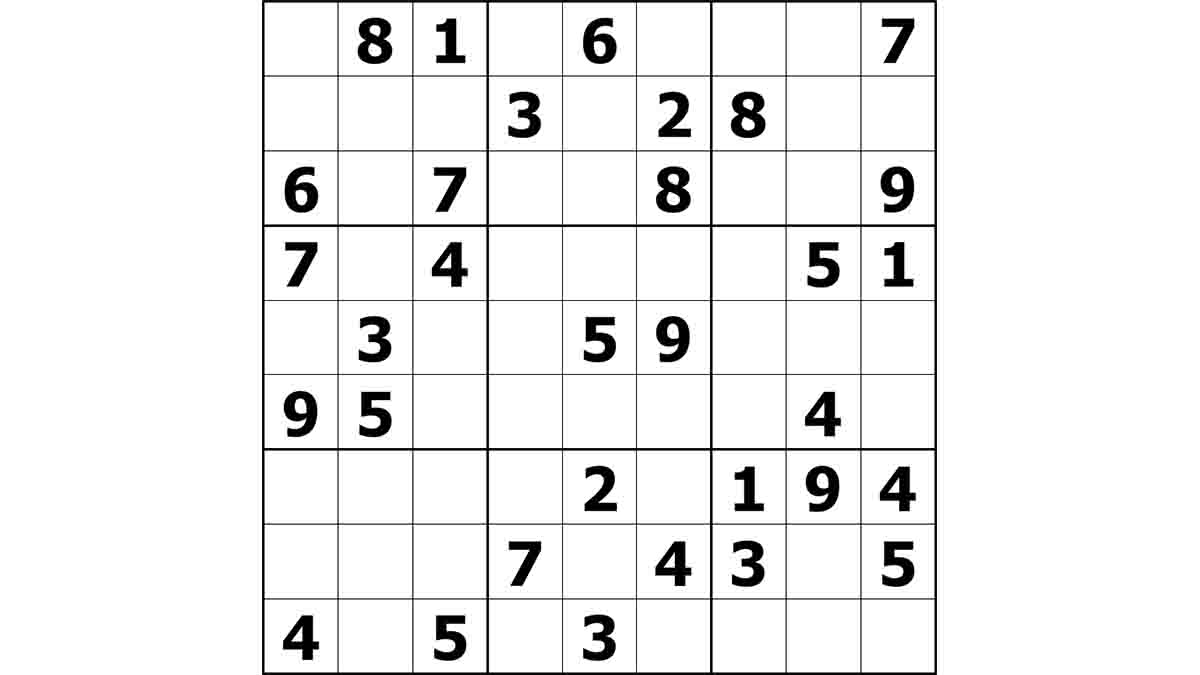Hello, including gym grades in calculating the Grade Point Average (GPA) has been debated among educators and students.
Many students wonder whether gym class counts towards their GPA.
While some argue that gym grades should contribute to GPA, others believe they should be kept separate.
This article will explore why gym grades should not count towards GPA and why it is argued to count towards GPA.
Why Shouldn’t Gym Count Towards GPA?
1. Focus on Academic Achievement
GPA is a vital measure of academic achievement, reflecting a student’s performance in core subjects.
By excluding gym grades from GPA calculations, the focus remains on academic excellence.
While essential for physical well-being, gym classes have a distinct purpose separate from traditional academic pursuits.
Including gym grades in GPA would blur the lines between academic and non-academic achievements, potentially diluting the accurate measure of a student’s scholastic abilities.
Educators can foster a clear distinction between academic subjects and physical education by keeping gym grades separate.
This allows students to excel in their chosen fields while recognizing the importance of maintaining a healthy and active lifestyle.
2. Varying Difficulty Levels
One compelling reason why gym grades should not be factored into GPA calculations is the varying difficulty levels of physical education classes.
Unlike traditional academic subjects with standardized assessments, gym classes often rely on subjective criteria such as participation, effort, and sportsmanship for grading.
This subjectivity can lead to consistency in grading across different schools and instructors.
Since the difficulty and rigor of gym classes can differ significantly, it would be unfair to include them in GPA calculations intended to measure academic performance.
Keeping gym grades separate allows students to be assessed on a level playing field, ensuring a fair evaluation of their academic abilities.
3. Diverse Skill Sets
Diverse skill sets among students present a compelling argument for excluding gym grades from GPA calculations.
Gym classes typically involve various physical activities, such as team sports, individual exercises, and fitness tests.
Every student possesses unique athletic abilities and interests, and their performance in physical education should not overshadow their academic achievements.
Including gym grades in GPA would disproportionately favor students who excel in athletics, potentially undermining the fairness and objectivity of the grading system.
By keeping gym grades separate, educational institutions can recognize and celebrate the diversity of students’ talents while focusing on academic excellence as the primary determinant of GPA.
4. Encouraging Physical Well-being
Gym classes promote physical health and foster a positive attitude towards fitness.
Keeping gym grades separate from GPA calculations keeps the focus on participation, skill development, and fostering a positive attitude towards fitness.
This approach allows students to engage in physical activities without the added pressure of academic performance.
It encourages a holistic approach to education that recognizes the importance of physical well-being alongside academic achievements, ensuring that students develop lifelong habits of staying active and leading healthy lives.
5. Limited Impact on College Admissions
Regarding college admissions, the weight placed on gym grades in GPA calculations is typically minimal.
Admissions committees primarily focus on academic performance in core subjects, standardized test scores, extracurricular activities, and other factors such as essays and recommendation letters.
Gym grades, often considered pass/fail or less academically rigorous, have limited influence on the overall evaluation process.
Instead, colleges prioritize academic achievements and seek well-rounded individuals who excel in various areas.
By not including gym grades in GPA calculations, students can focus on pursuing their academic interests and showcasing their accomplishments in more relevant areas when applying to colleges and universities.
Why is it Argued that Gym Should Count Towards GPA?
Several arguments support the inclusion of gym classes in the calculation of GPA. Here are some reasons commonly put forth:
1. Physical Health
Promoting physical health is crucial for including gym class in calculating GPA.
By assigning a grade and incorporating it into their GPA, students are encouraged to prioritize their physical well-being.
Gym class provides structured opportunities for physical activity, promoting cardiovascular fitness, strength, coordination, and overall health.
It instills lifelong regular exercise habits and fosters an understanding of the importance of physical fitness.
Recognizing gym class in GPA sends a powerful message that physical health is integral to a student’s education.
It reinforces that a healthy body supports a healthy mind, improving academic performance and overall well-being.
2. Comprehensive Evaluation
A comprehensive evaluation is a compelling reason supporting the inclusion of gym classes in GPA.
A more well-rounded assessment of a student’s abilities and achievements is achieved by considering gym class as part of the overall GPA calculation.
GPA is traditionally seen as a measure of academic performance, but incorporating gym class acknowledges the importance of physical fitness and a balanced education.
It recognizes that students dedicate time and effort to participate in physical activities and that their progress and accomplishments in this area should be acknowledged.
Including gym class in GPA promotes a comprehensive evaluation that values intellectual development and physical well-being, ensuring a more holistic representation of a student’s capabilities.
3. Equal weightage
One of the reasons why it is argued that gym should count towards GPA is to ensure equal weightage for all courses.
Including gym class in the GPA calculation recognizes the importance of physical education alongside academic subjects.
This approach promotes fairness and acknowledges students’ effort and dedication to physical fitness and skill development.
Treating gym classes on par with other courses sends a message that all areas of learning are valued equally.
It emphasizes the importance of a well-rounded education and encourages students to participate in physical activities actively.
This helps to foster a balanced approach to their overall growth and development.
4. Skill Development
Gym class offers various physical activities and sports, allowing students to develop essential skills such as coordination, teamwork, leadership, and discipline.
Students’ progress and achievements in these areas are acknowledged by assigning a grade to gym class and including it in their GPA.
It highlights the value of physical education in fostering well-rounded individuals with diverse skills.
Recognizing skill development in gym class through GPA encourages students to actively participate and engage in physical activities, promoting their overall growth and development.
FAQs on Gym Count Towards GPA
No, gym grades should not be included in GPA. GPA primarily reflects academic performance, while gym classes focus on physical fitness and well-being. Mixing the two could blur the distinction between academic and non-academic assessments.
The purpose of physical education classes is to promote physical fitness, health, teamwork, and overall well-being. These classes aim to develop motor skills, teach sportsmanship, and encourage an active lifestyle rather than solely focusing on academic performance.
Absolutely! While gym grades may not be included in GPA, they are still valuable in assessing a student’s physical development, participation, and effort in physical education. These grades provide feedback and encourage students to maintain a healthy lifestyle.
Physical education can be recognized through separate assessments, certificates, or extracurricular activities. Schools can offer awards or recognition for outstanding participation or achievements in physical education while keeping it distinct from the academic GPA calculation.
Conclusion
Whether gym class counts towards GPA depends on the policies and practices of the specific educational institution.
However, it is essential to maintain a clear distinction between academic and non-academic assessments to provide a fair and accurate representation of a student’s academic achievements.
Regardless of its impact on GPA, participating in physical education and maintaining a healthy lifestyle is crucial for overall well-being.
So, while gym class may not directly impact GPA, its benefits extend beyond academic performance.
Awesome one; I hope this article answers your question.
Editor’s Recommendations:
- 5 Cheapest Universities In Europe Without IELTS (FAQs)
- 7+ Cheapest Universities In Norway Without IELTS (FAQs)
- Cheapest Universities in Ireland (Study, Cost, Requirements, FAQs)
- 10 Cheapest Universities in Bangladesh (Study, FAQs)
- 5 Universities In Northern Ireland For Int’l Students
- Bryn Mawr Acceptance Rate (Overview, GPA, Tips, FAQs)
- 5 Top Colleges That Accept 2.5 GPA In Florida (FAQs)
- Sewanee Acceptance Rate (Req, GPA, FAQs)
If you find this article good, please share it with a friend.



